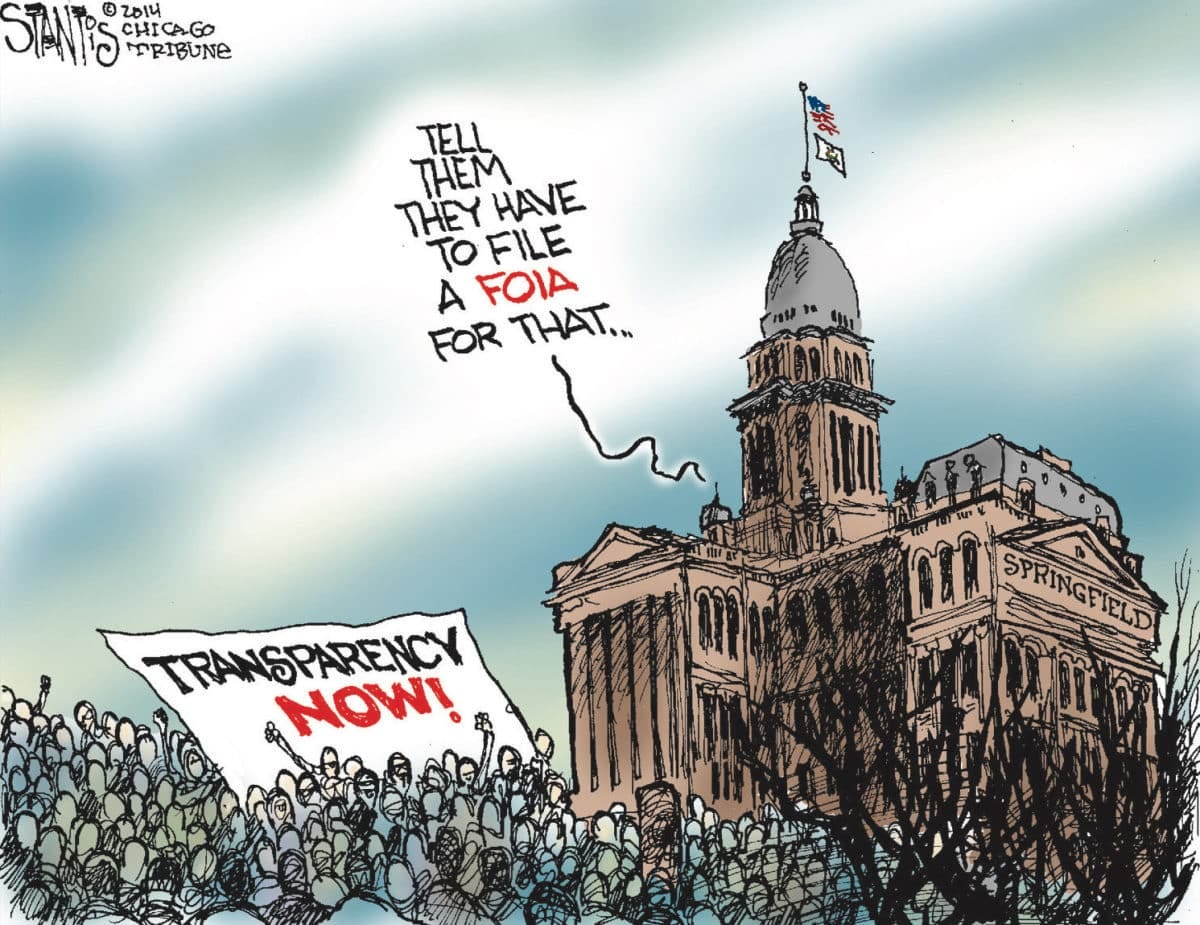What is a FOIA request and what is it used for?
As our world becomes more digitized, there's a certain kind of alchemy that plays an important role in our modern society. The transformation isn't about turning lead into gold, but rather transforming secretive government information into public knowledge. This sorcery, my friends, is performed through a magical spell known as the Freedom of Information Act, or FOIA.
Now, before your imaginations start picturing waving wands and chanting incantations, let's make one thing clear: FOIA requests aren't as instantaneous as a swish-and-flick from the Harry Potter universe. They are, however, a fascinating and powerful tool in the arsenal of anyone seeking to illuminate the shadowy corners of government activity.
The Freedom of Information Act: A Secret Decoder Ring
The Freedom of Information Act was passed in 1966, and it essentially functions as a secret decoder ring for US citizens. It allows anyone—yes, even you sitting there in your PJs—to ask for and obtain records from federal agencies.
Under this Act, agencies are legally obligated to disclose any requested information, unless it falls under one of nine exemptions, which include things like classified national security information, internal agency rules, and information exempted by other statutes.
While this might sound like a lot of legal jargon, think of it as a cheat code for gaining access to the game of government. Just as Mario might find a hidden block containing a power-up in Super Mario Bros., a FOIA request can reveal hidden information that supercharges public knowledge and understanding.
How FOIA Requests Work: The Recipe
Submitting a FOIA request is akin to making a complex potion. Here's the recipe:
Identify the information you're after. Be specific, but also understand that you might not get exactly what you're asking for. It's a bit like asking for a dragon for your birthday and ending up with a lizard. It's not quite the same, but it's closer than a hamster.
Determine which agency is likely to have that information. Think of this step as finding the right aisle in the giant supermarket of government bureaucracy.
Prepare and submit your request. This can be done by mail, fax, email, or via an online portal, depending on the agency. Remember, your magic wand here is words, so be clear and specific about what you're requesting.
Once the potion is mixed and submitted, it's a waiting game. The agency has 20 business days to respond, but complex requests can take longer. It's a bit like waiting for your Hogwarts acceptance letter—hopefully it won't take as long as it did for Harry!
FOIA Requests: The Magic of Transparency
Despite the bureaucratic red tape and occasional frustrations, FOIA requests are a crucial part of maintaining governmental transparency. They're used by journalists, researchers, activists, and everyday citizens to understand government actions, reveal potential corruption, and hold officials accountable.
Keep reading with a 7-day free trial
Subscribe to The BURNER * to keep reading this post and get 7 days of free access to the full post archives.





